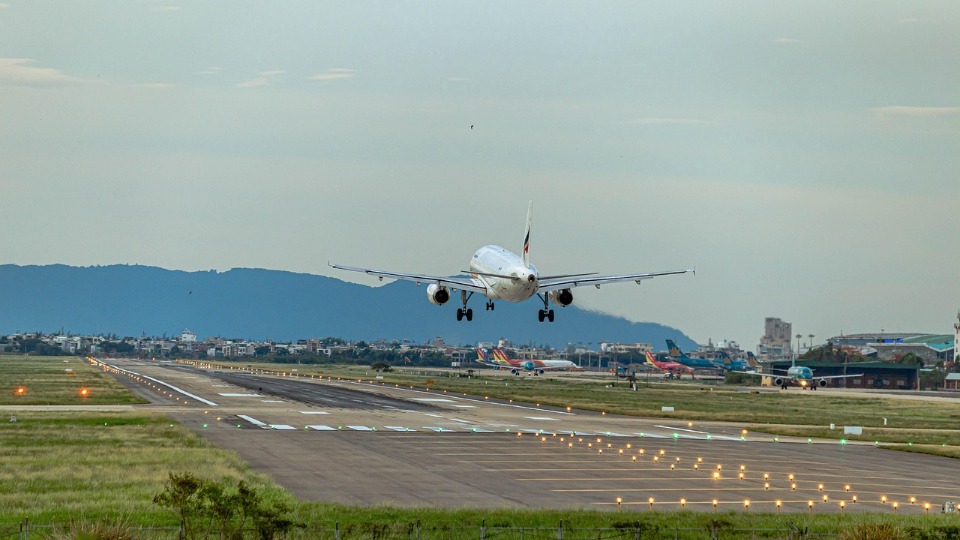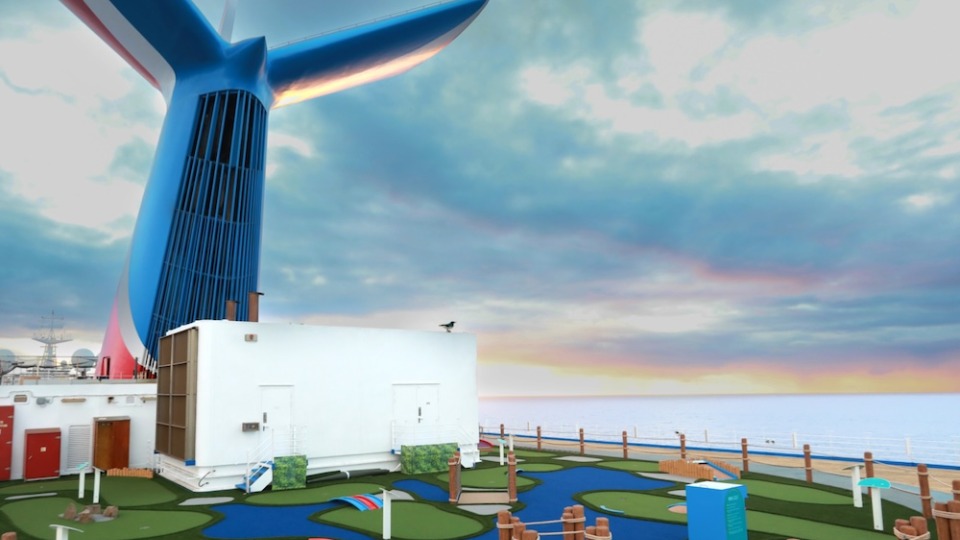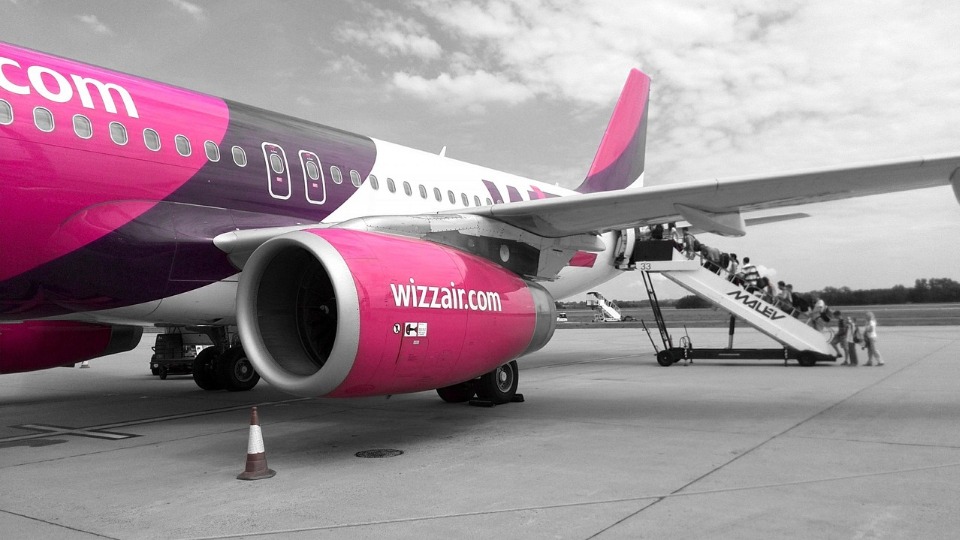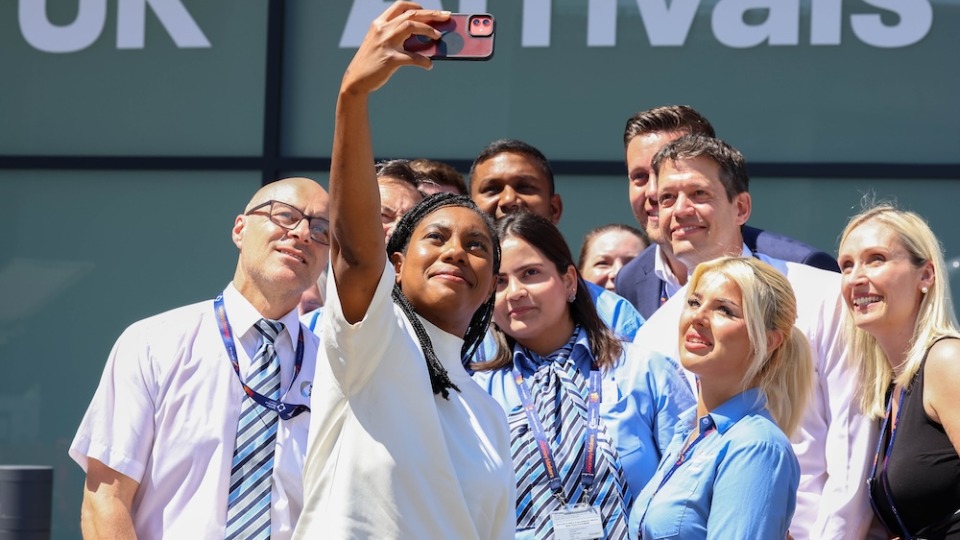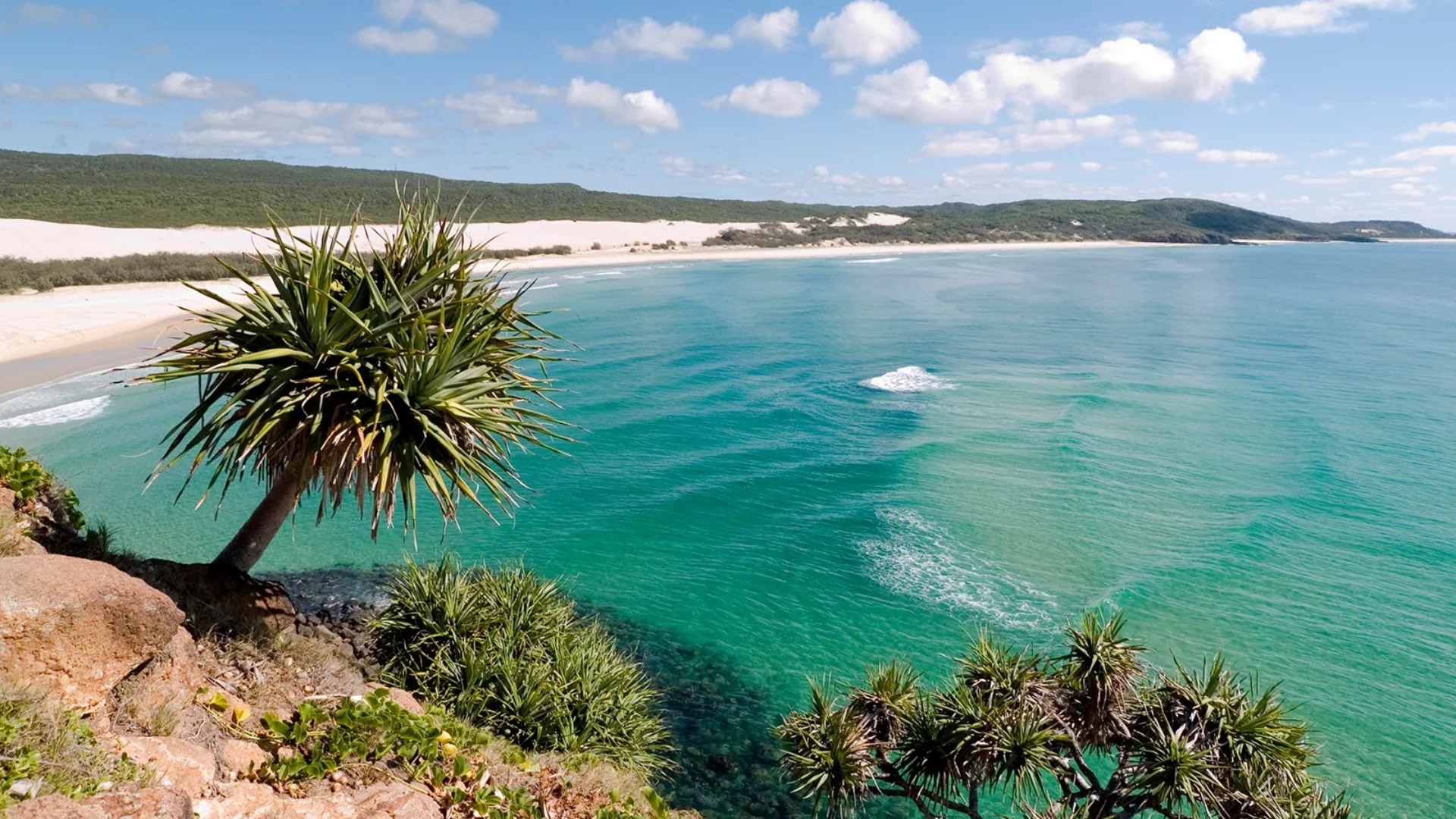
Iconic Fraser Island In Australia Is Now Known By Its Indigenous Name

Local authorities decided that the island with the most sand in the world will henceforth be referred to by its former name: K'gari.
This rebranding is an official acknowledgement of the Butchulla people's historical and cultural ties to the eastern Australian UNESCO World Heritage site.
Before Europeans arrived, the land was owned and cared for by the Butchulla, a group of indigenous Australians.
“In our creation stories, our stories handed down by generations, it has always been K’gari and always will be,” said Gayle Minniecon, Head of Butchulla Aboriginal Corporation.
Indigenous people in Queensland had been advocating for the name to be changed back to K'gari for years, and in 2021, the state government finally started implementing the legal procedure. A ceremony was also conducted to honour the return of the original name.
K'gari features a 75-mile beach, no highways, colourful sand cliffs, and around 100 freshwater lakes, making it a popular destination for visitors from all over the world including the United States. It's also the only spot where a rainforest thrives in a desert environment.
K'gari has been recognized as a World Heritage Site since 1992. Because of its unusual ecosystem, it has been dubbed as the only place on Earth where spectacular remains of towering rainforest are blooming atop tall sand dunes.
The eastern ground parrot and the Fraser Island sand skink are just two of the many uncommon or endangered species that call this region home.
Queensland is the only area in the world where our two historic civilizations continue to live side by side, and the restoration to the island's native name is an important milestone in its history.
Tourists to K'gari are pampered with gorgeous landscape, but more significantly they can connect with the way of life of the Butchulla People who have been residents of the island since ancient times.
“K’gari means to me, home. Home amongst my People, the descendants, the ancestors, the Midiru (Traditional Owners). It’s our place. It’s what we call home,” added Joyce Bonner, Butchulla Aboriginal Corporation Language and Cultural coordinator.
Source: cnn.com



